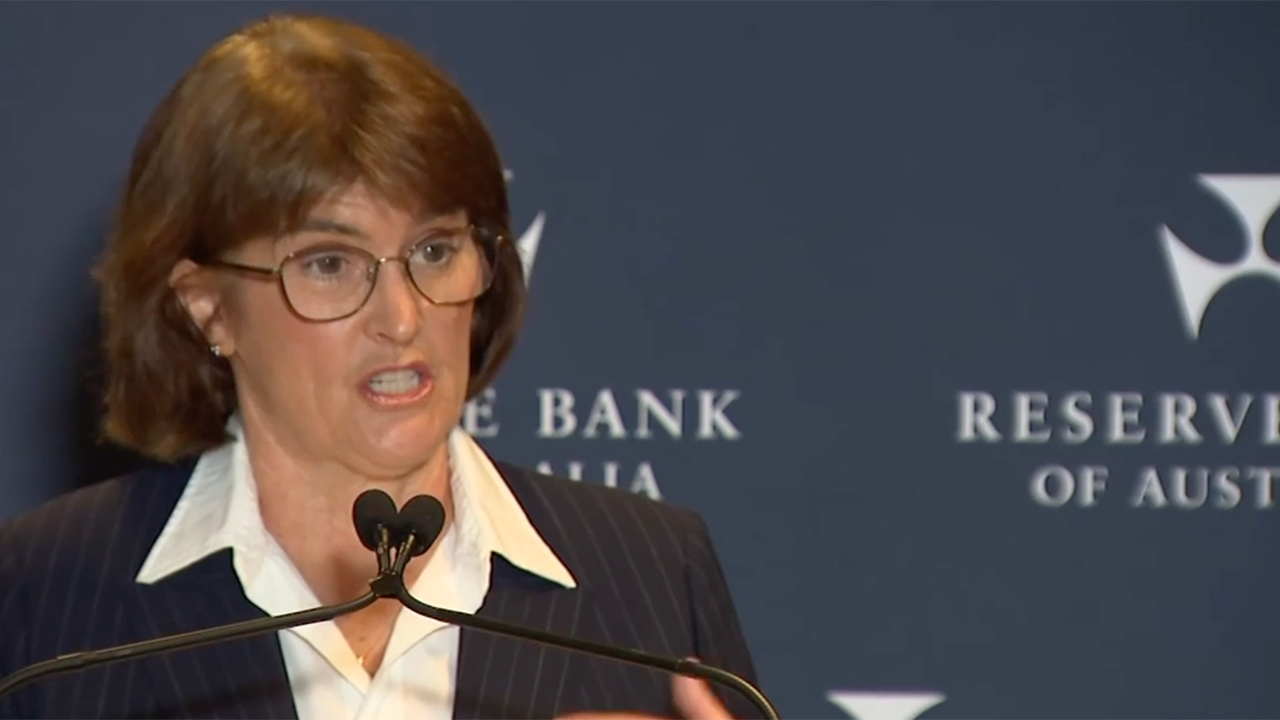There are many reasons why you may look to refinance your home. The obvious one is to lower mortgage repayments with a better rate. However, other reasons people refinance later in life include:
- unlocking equity to invest
- paying down other debts
- buying a holiday home
- funding extended travel
- launching a new business
- supporting children with a property deposit
Regardless of why you want to refinance, the points below will help you navigate your options.
Changing lenders
It may have been a while since you last revisited your mortgage, meaning you may not be aware of current lending options and traps.
A common trick lenders use is the so-called “headline rate” to grab your attention. However, this interest rate is typically not what you end up paying. It may only be an introductory rate for the first few months, or hefty fees attached may wipe out any savings.
Banks aren’t the only ones offering loans nowadays. Registered non-bank lenders, fintechs and online lenders can refinance your mortgage and provide other credit services the same as any bank; they just don’t take cash deposits. Alternatively, you could explore credit unions and mutual societies.
Also consider any shareholder benefits you may have. Most banks have done away with them now but may still honour pre-existing ones. If you change lenders, you could lose this entitlement – permanently.
Reverse mortgages
Generally, only available to people aged 60-plus, a reverse mortgage effectively allows you to unlock equity in your home without you needing to make immediate repayments.
However, they often have strict conditions including:
- minimum borrowing amounts
- maximum borrowing ratios
- higher interest rates than standard mortgages
Crucially, the interest accrues over time and is repaid when you sell, move or pass away. As such, your debt liability grows over time – potentially impacting your future living arrangements and how much is left for beneficiaries in your will. The Govt has the “loan equity scheme” as another option to lenders. I just want to highlight the need to be careful with reverse mortgages.
Changing homes
Rather than selling, downsizing could involve making an investment property your primary residence and then renting out your existing home.
This approach may require you to refinance both loans simultaneously. There will also be tax considerations to work through – including Capital Gains Tax liabilities when you do sell, negative gearing, depreciation, and changes to your income tax.
Then there are the lifestyle factors to weigh up, especially if you are moving to a different area:
- living expenses
- insurance and travel costs
- access to healthcare
- rental income
- property management expenses
Remember that if you have a Self Managed Super Fund (SMSF), it CANNOT own any property that you directly use yourself, including your home.
Becoming Bank of Mum and Dad
Refinancing can unlock equity to support adult children with their first property deposit. However, it isn’t without its risks.
Ask yourself honestly:
- Will this be a gift or loan?
- If a loan, under what terms? Will interest be applied? How and when will repayments be made? What if they default?
- What happens if their relationship breaks down, will you get your money back?
- How does going without that money affect your retirement?
- Do you have alternative assets to support you if your circumstances change?
- How does this affect inheritances or deposit contributions to your other children?
- Can you assist them another way without using your home equity?
Draw up a written agreement outlining all conditions and scenarios to avoid disagreements in the future.
Pension impacts
Don’t overlook how refinancing your home could impact your pension. While your home is exempt from the means test, any income or assets you generate from unlocking equity is not.
You could inadvertently see your pension amount reduced or your eligibility voided altogether. This would come as a nasty shock if you haven’t pre-budgeted for such a change!
Getting advice
To ensure you get the best bang for your buck when refinancing, be sure to enlist the help of a good:
- mortgage broker to source the best loans for your circumstances
- insurance broker to ensure your cover is right sized for your needs, risk and budget
- accountant to work through any tax implications
- estate planner to manage any changes
- financial adviser to keep your investments and financial strategy working for you
Ultimately, decisions – including about refinancing – are only as good the information you have at hand. So, make sure you have all the relevant facts before signing on the dotted line.
Helen Baker is a licensed Australian financial adviser and author of the new book, Money For Life: How to build financial security from firm foundations (Major Street Publishing $32.99). Helen is among the 1% of financial planners who hold a master’s degree in the field. Proceeds from book sales are donated to charities supporting disadvantaged women and children. Find out more at www.onyourowntwofeet.com.au
Disclaimer: The information in this article is of a general nature only and does not constitute personal financial or product advice. Any opinions or views expressed are those of the authors and do not represent those of people, institutions or organisations the owner may be associated with in a professional or personal capacity unless explicitly stated. Helen Baker is an authorised representative of BPW Partners Pty Ltd AFSL 548754.












